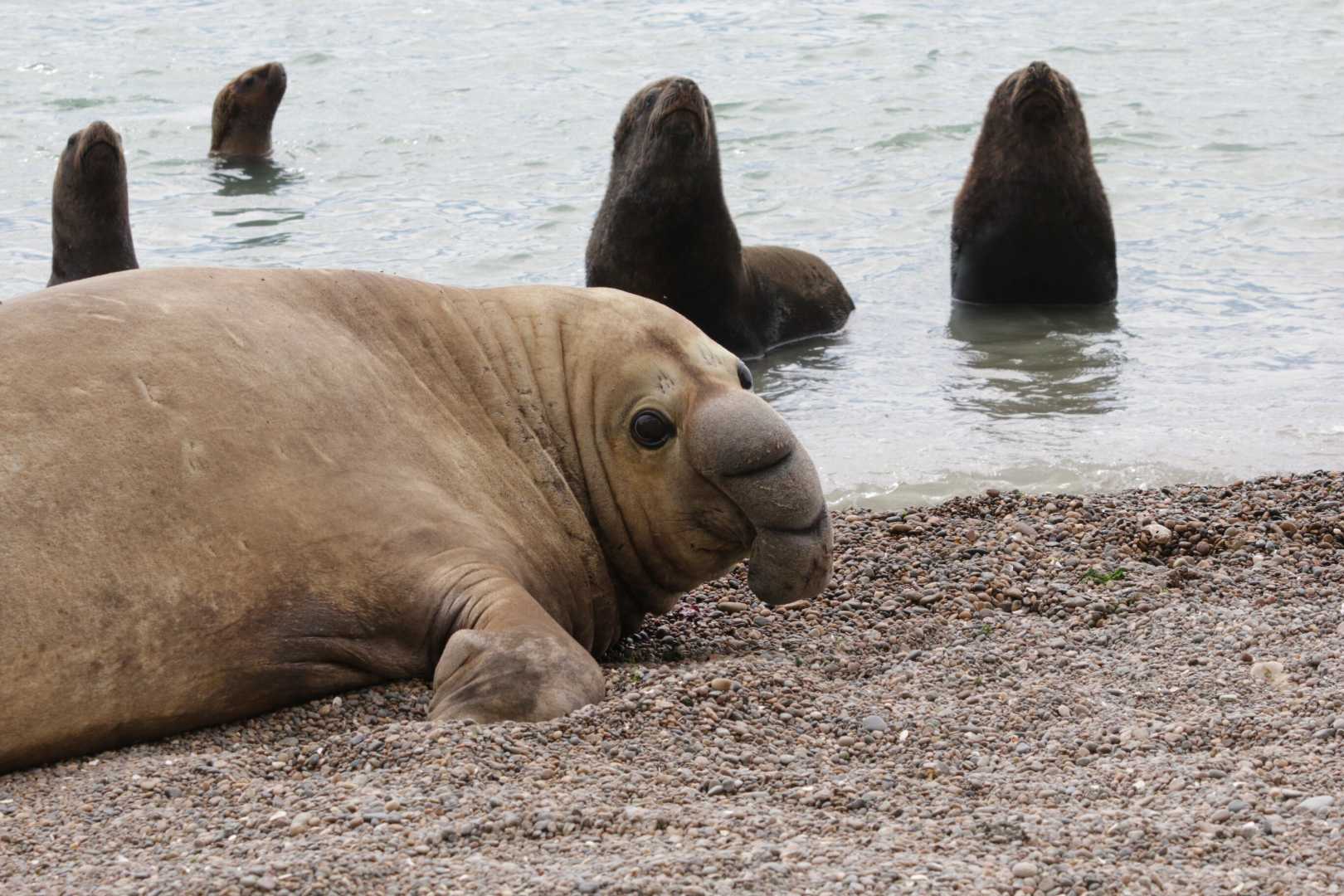Health
Avian Influenza Outbreaks: Elephant Seal Colony Declines and First Human Case in Canada

A year after a devastating outbreak of H5N1 highly pathogenic avian influenza, the elephant seal colony at Península Valdés, Argentina, is showing significant decline. The outbreak, which occurred in 2023, resulted in the deaths of more than 17,000 elephant seals, including about 97% of their pups. According to scientists, only about a third of the expected elephant seals have returned to the breeding grounds this year.
The impact of the avian flu on the elephant seal population has been drastic, reversing decades of conservation efforts. Most adult males and many of the most experienced and fertile females have not returned, indicating a severe blow to the reproductive population. Researchers from UC Davis and WCS Argentina are collaborating to track and monitor the virus, although no elephant seals have tested positive for H5N1 this breeding season.
In other developments, Canada has reported its first presumptive case of H5 avian flu in a human. A teenager from British Columbia is hospitalized after testing positive for the virus, which is believed to have been contracted from a bird or animal. Health officials are conducting a thorough investigation to determine the source of exposure and are monitoring the patient’s contacts. This case marks the first locally acquired human infection of H5 avian flu in Canada.
The avian flu has been widespread in wild birds and has caused outbreaks in poultry and dairy cattle across North America. In the United States, recent cases have been reported among dairy and poultry workers, with the U.S. Department of Agriculture confirming multiple outbreaks on dairy farms and in poultry flocks. The CDC has updated its guidelines for farm workers to reduce exposure to the virus.
Despite the rare occurrence of human infections, scientists are concerned about the potential for the virus to mutate and enable human-to-human transmission. Currently, there is no evidence of sustained human-to-human spread, but ongoing monitoring and research are crucial to understanding and mitigating the risks associated with avian influenza.












